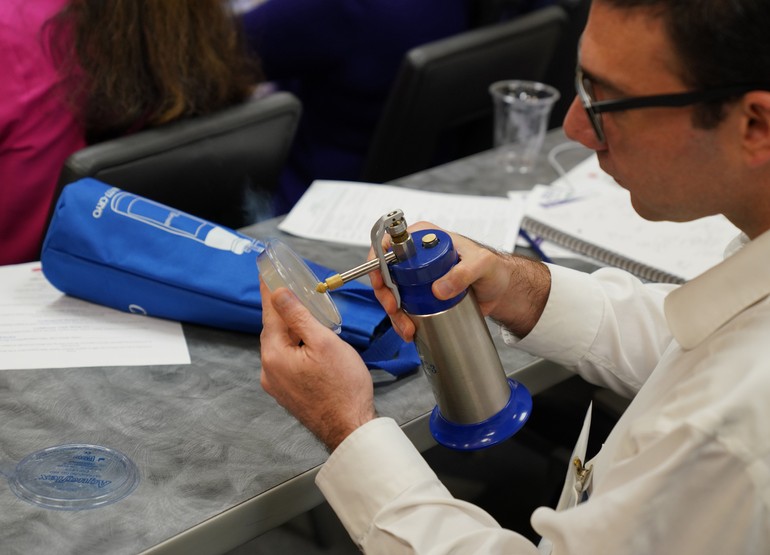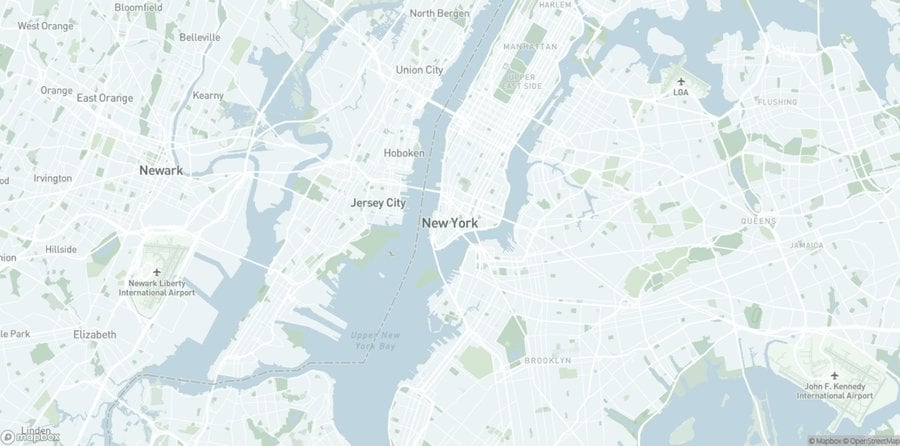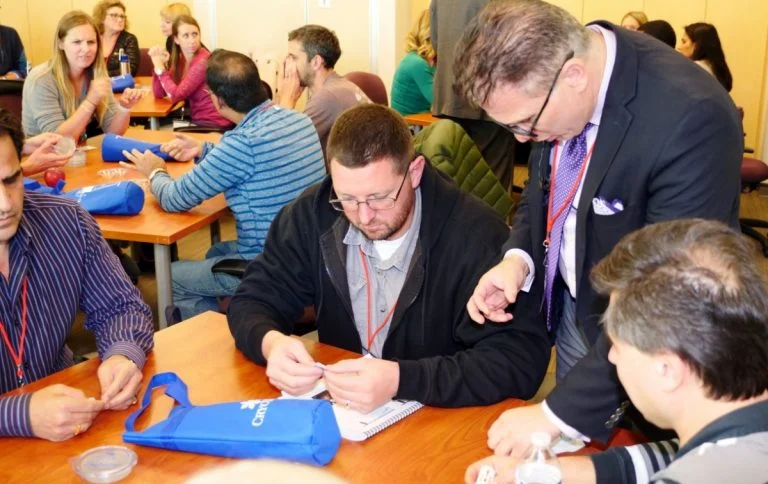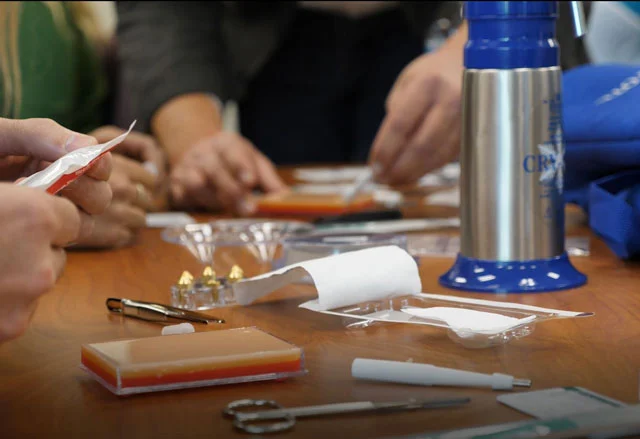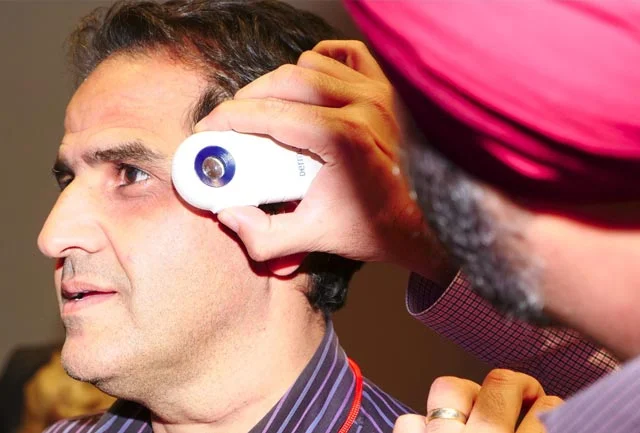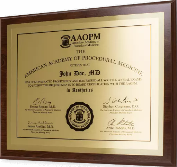8:30am–9:00am
Registration
9:00am–10:30am
Review of Skin Anatomy, Dermatologic Definitions, Medically describing lesions, and case studies for review of terminology and definitions.
9:30am--10:30am
Identification of Precancerous, Cancerous & Benign Skin Conditions including Melanoma, Basal Cell Carcinoma, Squamous Cell Carcinoma, Actinic Keratosis, and pseudo cancerous skin conditions. Identification, pathology considerations, testing, therapeutic options, and the need for referral for certain conditions.
10:30am-10:45am
Break
10:45am-12:00am
Continuation of identification of Precancerous, Cancerous & Benign Skin Conditions, Therapeutic & Diagnostic Tools available, biopsy techniques, and/or use of cryotherapy. Review other common dermatologic conditions including Eczemas, Psoriasis, Fungal and Yeast Infections, and warts including identification and therapeutic options.
12:00am-1:00pm
Lunch (on your own)
1:00pm- 3:00pm
Most Common Conditions associated within a General Practice setting such as ingrown toenails, warts, moles, skin tags, lipomas, and acne. Identification, various diagnostic tools, instrumentation, and post procedure care and instructions are reviewed and discussed. Preventative (Sun Exposure) and Cosmetic Dermatological procedures are reviewed.
3:00pm—3:15pm
Brake
3:15pm—4:00pm
Introduction to Conventional Instrumentation and Surgical Techniques needed within a Primary Care Setting: Review the advantages, uses, and disadvantages for dermal punches, excision surgery, curettage procedures, cryosurgery, shaves, cautery and ablative procedures. Need for margins and suturing techniques for simple sutures, mattress sutures, and corner sutures.
4:00pm--6:00pm
Hands-On Cryotherapy, Surgical Techniques.
8:30am–9:00am
Registration.
9:00am--10:30am
Where do I use this stuff?
Top dermatologic conditions encountered in Primary Care setting such as Ingrown Toenails, Warts, Moles, Skin Tags, Pigmentation, Benign Lesions, Sebaceous Cysts, Paronychia, Chalazion, Lipomas, Seborrheic Keratosis
10:30am– 10:45am
Break
10:45am--11:45am
Need for magnification – an introduction to dermatoscopes. Case Studies review and pathologies. Review of ICD-10(s) and CPT Codes and the need to follow insurance guidelines and protocols for consistent and appropriate payment.
11:45am– 12:45pm
Lunch (on your own)
12:45pm-4:15 pm
Hands-on Training utilizing various instrumentation including dermal punches, shaves, curettes, sutures, and cryotherapy. Each individual will be given their own setup including animal tissue to go over a variety of procedures including punch biopsy, shaves, curettage, and various suturing techniques. Dermatoscope workstation for magnification.
4:15pm--5:00pm
Questions and Answers
DISCLAIMER: The following is a summary of the course agenda. The full course agenda will be emailed to you a few days prior to the course. If you have any questions or need additional information, please contact our office.

